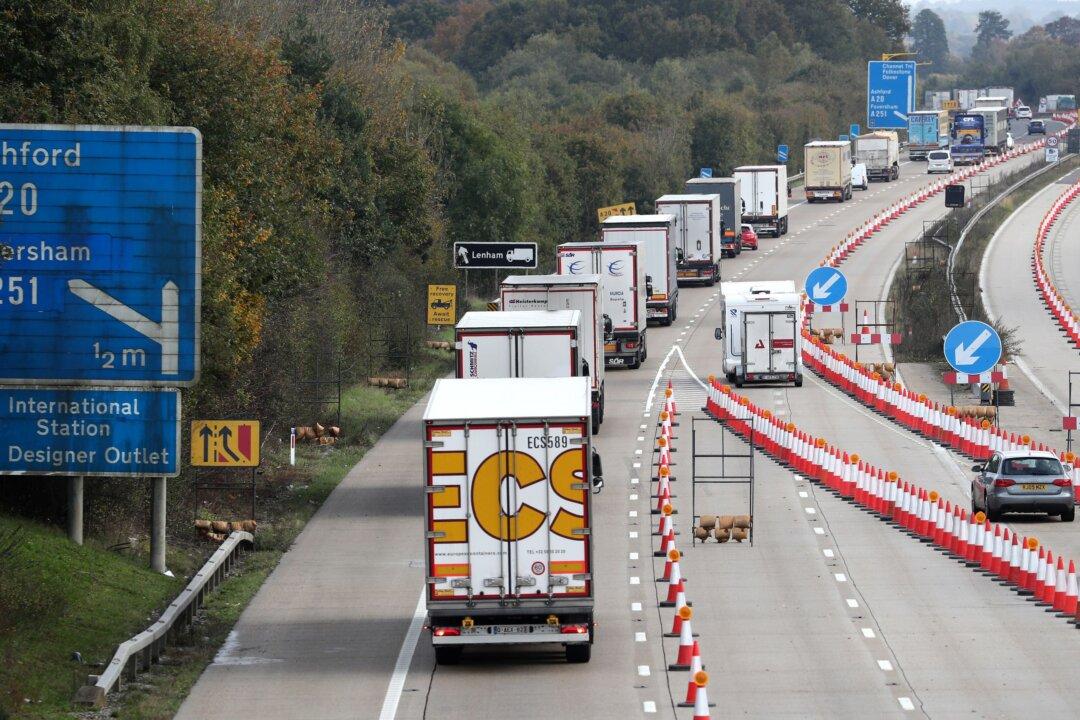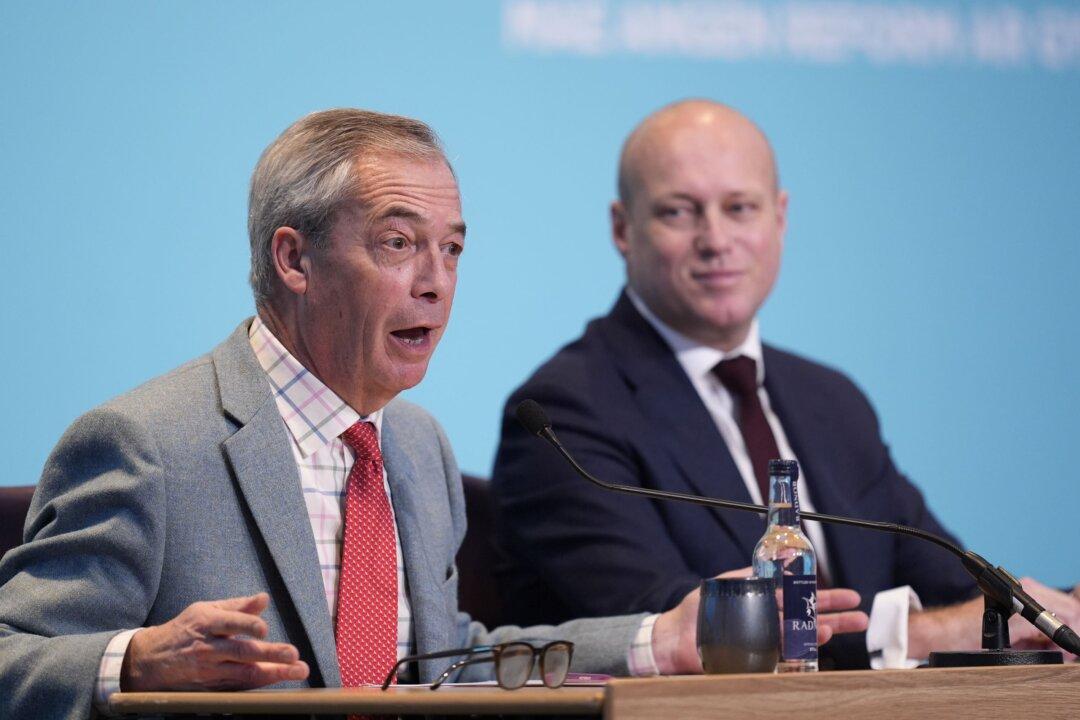Lorry traffic controls designed to prevent post-Brexit disruption around the Port of Dover are to have their “sunset clauses” removed, allowing the emergency measures to be used indefinitely.
It means that the implementation of a traffic reconfiguration to the M20 will be able to continue past its current Oct. 31 deadline once changes have been made to the law after MPs return from their summer break.




